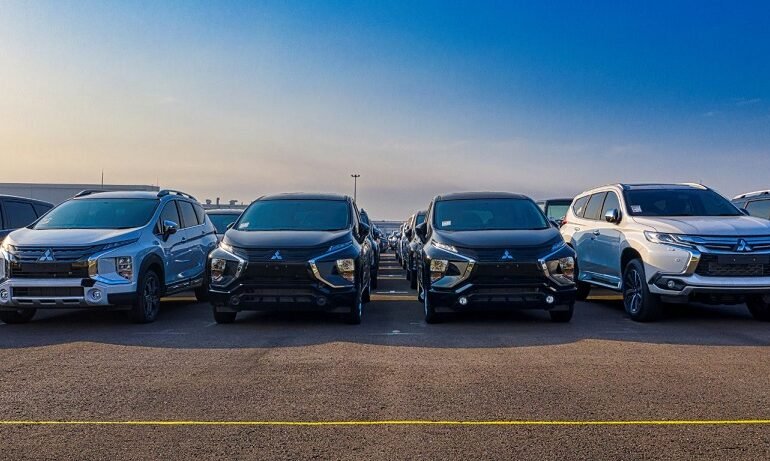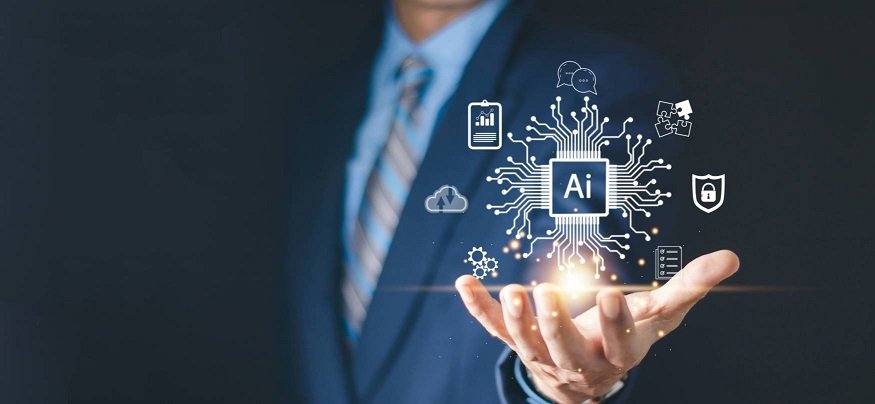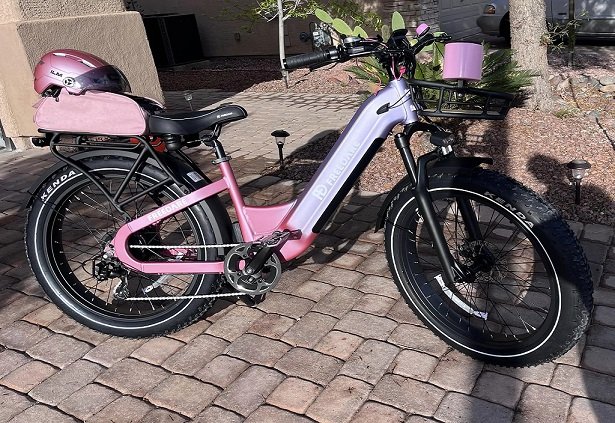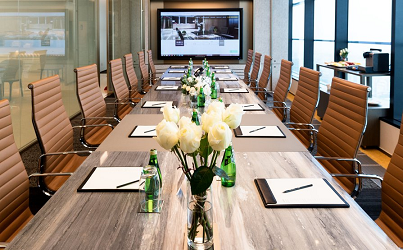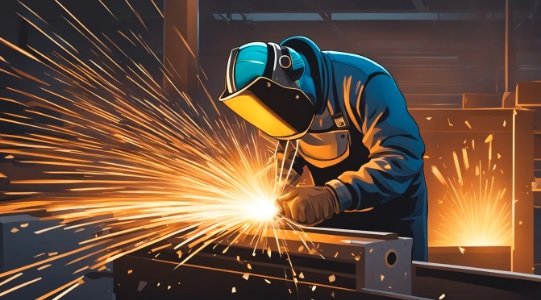Drone Regulations and Privacy Concerns
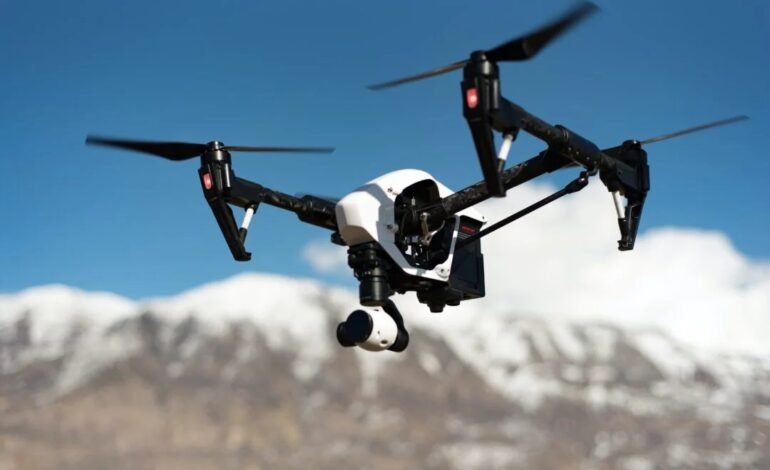
Drone technology has spread quickly in the last few years, changing many business sectors and also showing the importance of having detailed rules and more understanding about issues related to privacy. We explore the complicated area of drone rules and the concerns about privacy in how people use it in their time.
Drones, which are mainly used by the military before, are now being used by people who like to operate them for fun, take pictures, or use them for business. This makes us think a lot about how safe our skies are, if our private life is protected and whether it’s secure enough. Governments and regulatory authorities around the world are creating guidelines to make sure that drones are operated in a responsible and safe manner as they deal with these difficulties.
A main concern about rules is keeping the sky safe. As more drones fly, there’s a bigger chance they could disturb planes with people in them and cause crashes. In the United States, the Federal Aviation Administration and other similar groups around the world have established regulations for flying drones. These rules cover how high drones can fly, areas where they are not allowed to go, and limitations when near airports. People who control these drones usually must register them and sometimes need to get special licenses too. These rules are very important to stop accidents and make sure people who fly drones, as well as everybody else, stay safe.
Another important part of controlling drones is about privacy. Drones with cameras can take pictures and videos from high places that were hard to reach before, making people worried about someone watching or collecting information without permission. This function has caused concerns about the possibility for privacy breaches, leading legislators to review how current privacy laws relate to drones and if there is a need for new regulations.
This rule could also apply to how drones are used, highlighting that it’s important to get permission before gathering any data. Similarly in America, each state has its own privacy laws which control how drones can be operated when it comes to watching people. Maintaining a balance between using drone technology for good reasons and safeguarding people’s privacy rights continues to be a sensitive and ongoing discussion.
Commercial drone activities are also under strict regulation watch. In numerous areas, pilots of commercial drones have to follow more rigid rules than those flying for fun. To do this, one must get specific permits, follow stricter rules for how to operate, and in some cases obtain insurance. The purpose of these laws is to make sure that business activities using drones happen in a skilled and secure manner, reducing danger to individuals and buildings.
Even with these attempts, it continues to be hard to enforce rules. The fact that drones are controlled from a distance and without revealing identity makes it tough to find and punish those who do not use them responsibly. Technological progress, such as systems for remote identification, is being investigated as possible ways to solve this issue.
In the future, rules for drones will likely change a lot because drone technology keeps getting better and more people use it for business or fun. People who make these rules have to find a good middle way that allows new ideas in drone tech but also looks after everyone’s safety and private life.
To sum up, as drones are seen everywhere more often, it is very important to know and manage the difficult rules and matters about privacy for people who fly drones, those who make laws, and everyone else. Using drones in a careful way along with creating smart regulations that can change when needed will help us to really use all the benefits of drone technology but also protect the rights of people and keep everyone safe.
